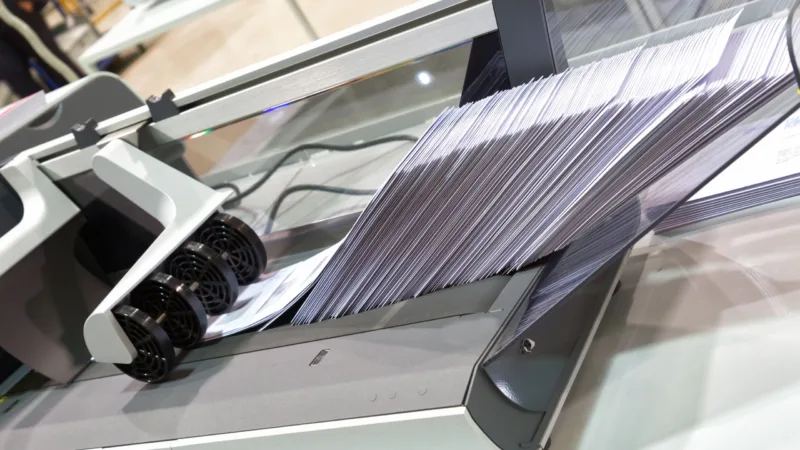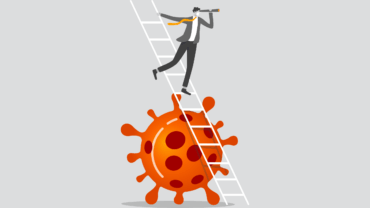The COVID-19 outbreak has opened many new opportunities for scammers to defraud U.S. consumers and organizations. The fear and confusion caused by the pandemic makes it easier for these scams, and their perpetrators, to go undetected.
But fraud schemes aren’t just limited to pandemics. They can appear during an array of major disasters from hurricanes, tornadoes, and wildfires to personal calamities like a job loss, a health scare, or even death. To prevent fraud during trying times, law enforcement officers, vendor coordinators, and program assurance teams should be on the lookout for some of the more common disaster fraud schemes.
Billing for services not rendered
After a disaster, new diagnoses codes and procedures can make a lot of “noise” in billing records. This makes it harder for investigators to notice illicit behavior. Bad actors can exploit this noise by submitting a one-time bill for an expensive service to an insurance agency or start billing for small payments month after month. These could include anything from medical tests that were never administered to property repairs on a home that was never damaged.
Telehealth appointments can also be abused in this way, where a quick follow-up phone call from the office could be improperly billed as a full-price, in-person visit with a doctor or nurse practitioner.
Agents should watch for sudden spikes in billing activities surrounding recent disasters and investigate them before paying. They can also review peer comparison analytics, anomalous beneficiary sharing, duplicate bills, and medical necessity information to identify potential unnecessary or fraudulent services.
Stealing IDs through fake offers
A disaster environment is the perfect time for felonious providers to solicit new patients with advertisements for helpful goods and services. They peddle fake virus testing kits, bogus emergency insurance policies, and false promises of financial assistance in attempts to get hopeful readers to give up their personal information before selling it to the highest bidder.
This could also include phishing attempts, where scammers send urgent-sounding, disaster-related calls, emails, or texts. These messages attempt to convince readers to unknowingly download hidden programs that access their sensitive information.
Fraud prevention officials should look out for cases where their client’s information was used far away from their usual location, or they were billed for services that seem unlikely.
Business relief and charity fundraising scams
With approximately 350 billion dollars in relief prepared to alleviate the impact of COVID-19 on small businesses, many less-than-honest entities may try to get a piece of the pie. They misrepresent payroll, rent, utility, and other expenses to inflate their relief benefits or feign small business status entirely. In these situations, agents should carefully examine tax and property records to identify suspect filings.
Fraudulent charities and fundraisers will also rush to take advantage of a disaster, pressuring individuals to donate money to them. Disingenuous GoFundMe campaigns are a growing occurrence, with heart-warming, fictional stories attempting to prey on the goodwill of others.
Shipment diversion
The CMS Center for Program Integrity issued guidance on March 20, 2020, encouraging that medication is delivered to beneficiaries in ways that minimize face-to-face contact. This means that they may not require signatures for delivery of medications or controlled substances.
These actions, while reasonable in the current environment, create an opportunity for package diversion, where individuals intervene to have purchased goods shipped to a new location rather than their intended destination.
To prevent this, supply managers should be careful about granting shipping location changes. Pay close attention to the differences between the original and revised addresses, and review anything that seems odd.
If any of these potential fraud schemes sound like scenarios that your team could face, consider investing in a solution that can help you prepare before disaster strikes. Thomson Reuters CLEAR offers a variety of public information and analytics tools that can help prevent disaster fraud. To learn more, listen to our webinar on Disaster Fraud Schemes, or get a free demo of CLEAR.
Thomson Reuters is not a consumer reporting agency and none of its services or the data contained therein constitute a ‘consumer report’ as such term is defined in the Federal Fair Credit Reporting Act (FCRA), 15 U.S.C. sec. 1681 et seq. The data provided to you may not be used as a factor in consumer debt collection decisioning, establishing a consumer’s eligibility for credit, insurance, employment, government benefits, or housing, or for any other purpose authorized under the FCRA. By accessing one of our services, you agree not to use the service or data for any purpose authorized under the FCRA or in relation to taking an adverse action relating to a consumer application.








